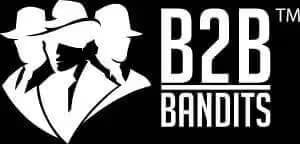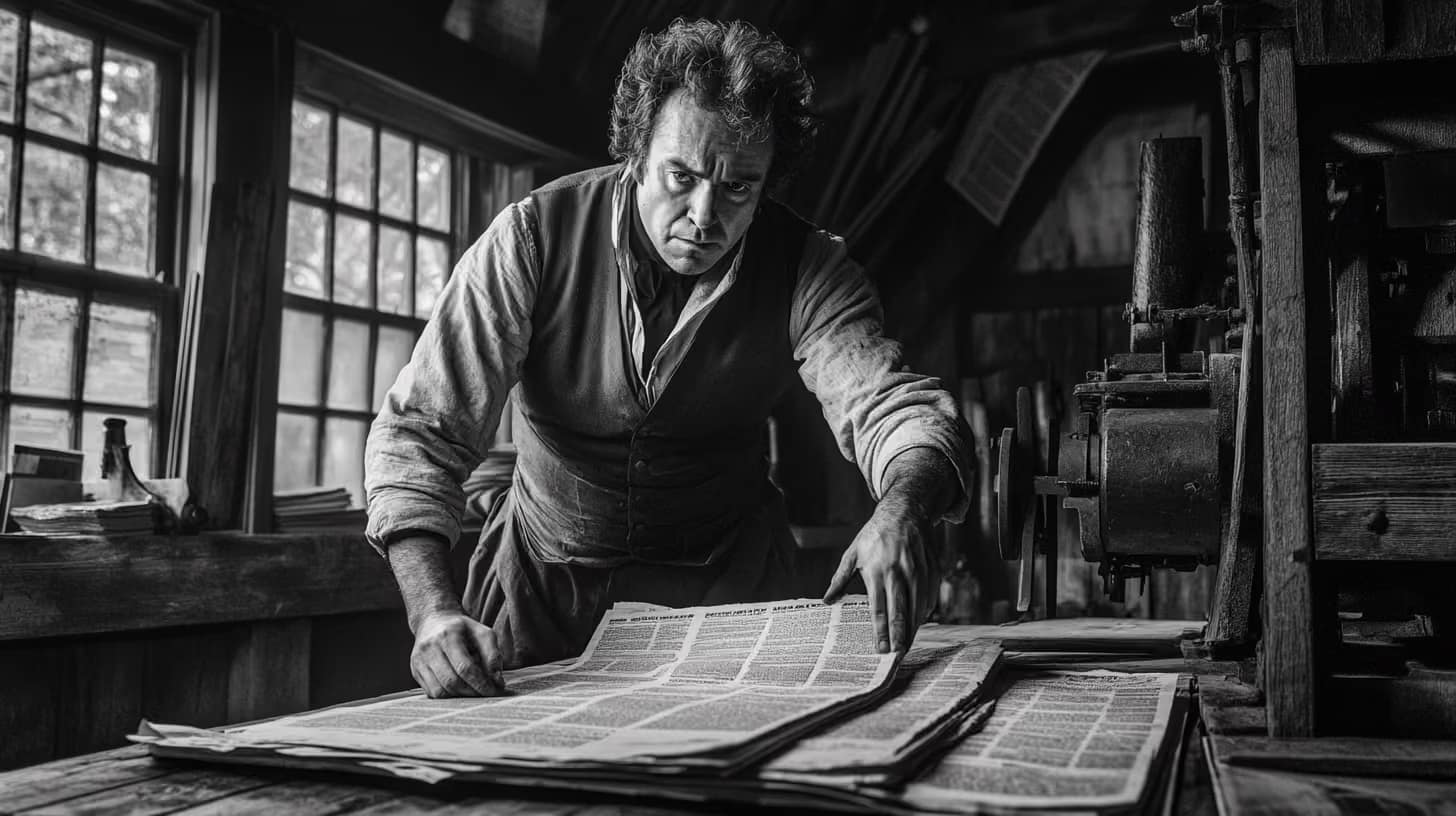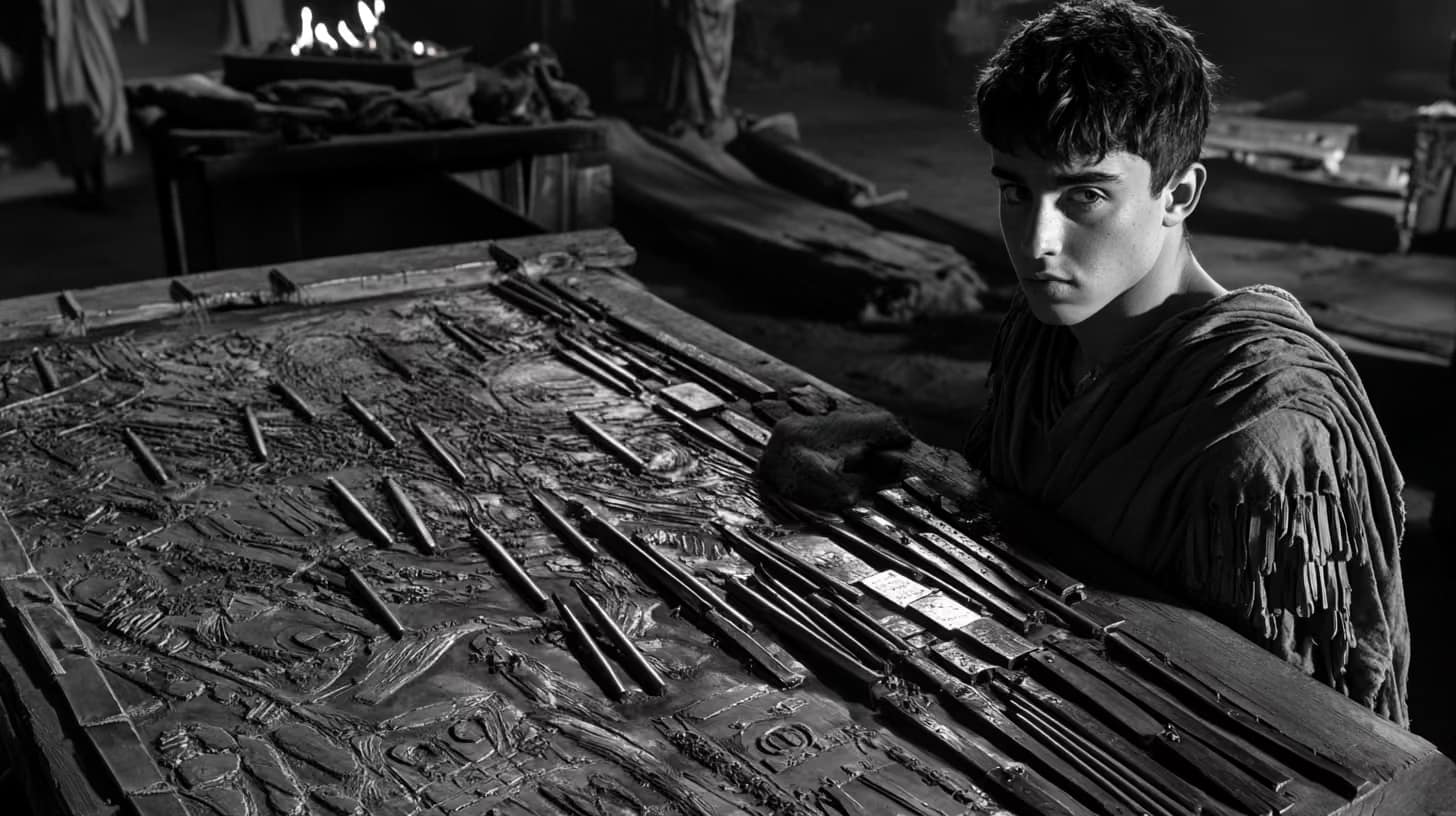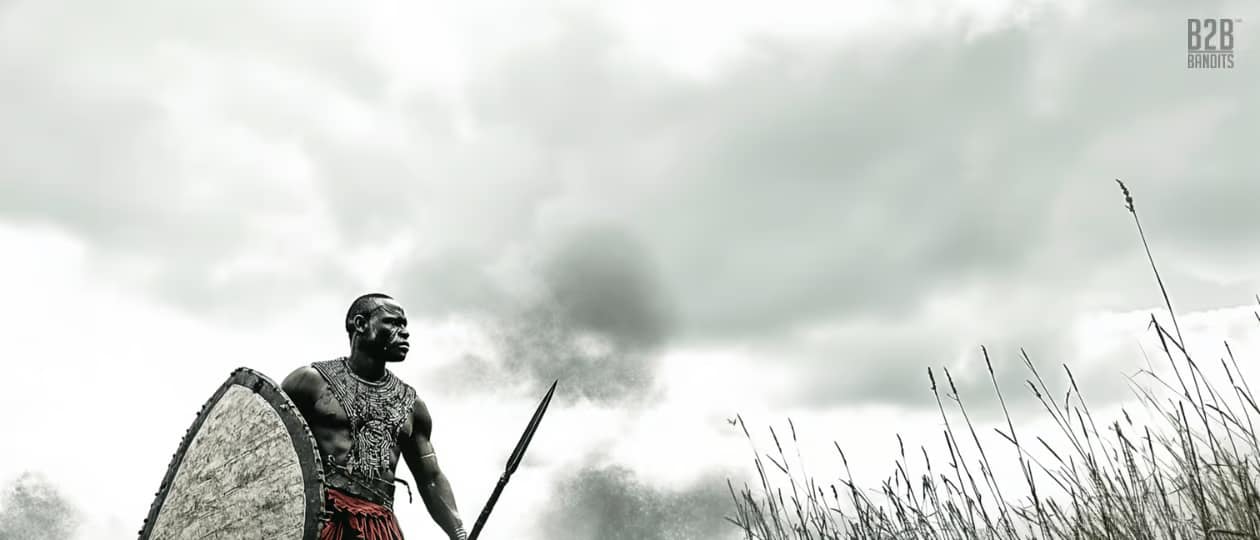
En Lammers has been in the business of helping build industry influencers and leaders among a pool of technology and science experts for twenty years. There is nothing more compelling to her in the art of communications than engaging an audience through an interesting story. Through this storytelling she empowers her clients with a recognized brand in their respective industries and a voice that gets heard.
This interview is lengthy, but well worth the read. Stay tuned for Part Two of the interview next week.
-Seth
“Don’t worry about having to be quoted necessarily. Just worry about being real. I think that always helps a great deal.” – En Lammers
The Cliff Notes
Nate: To start off, can you give me just a little CliffsNotes version on your background?
En: It’s been kind of an extensive journey because I started off studying physics and English lit and believing I was never going to do anything with those.
So I came out and started my first job in television. I was really quite successful at it because it’s fun, (laughs) and it stimulated my intellectual curiosity. That was a fun three years, but the more I looked at the people around me and management, I just didn’t want to emulate any of them.
I took some time off, and that’s when I went and got a post-baccalaureate degree and studied physics. My first degree was in English lit, and then I went back and did physics. Mostly, that was because I wanted a change in my life, and I didn’t know what I wanted. But there was a standing full-ride scholarship, (laughs) maybe because I actually did pretty well in math in high school. And so I ended up attending University of Oregon, thinking I was going to lay low for a little bit.
Then I got a job with a semiconductor company. Back then was when high-tech PR was just identifying itself as a role for companies. Nobody’s ever thought of the concept until the computer chip-making companies started bringing it to the limelight. Intel was, of course, the leader in all of that, but there were a lot of other semiconductor companies in competition with them, and we happened to be one of them.
It was the very first plant outside of Korea, so it was kind of a big deal. But they did some very, very poor planning in terms of where they had placed the plant. At the time, Eugene, Oregon, I think, was the number two most stringently regulated environmental city in the world. (laughs)
Nate: Wow.
En: So here’s this giant company—and most of Eugene was made up of displaced timber workers or folks who were kind of the old-school Americana who didn’t have a whole lot of exposure to people of other cultures. So there were two streams of opposition to us: one was environmental, one was racial.
I ended up jumping into it, largely because I was working in media, and I had ideas that were very close to home. It was a Korean company, and I am Korean, so I felt like I had a voice to offer. And being planted already in Eugene seemed like the perfect opportunity. So I ended up creating the whole PR function for them. That was the whole baptism by fire thing where you start off your career in one of those rare, rare instances where you’re just creating everything as you go for the company.
So that’s kind of what I’ve been up to, and I’ve always felt very, very lucky. That’s also where I met my first management mentor, who opened my eyes to how great a leader can be and how influential a leader can be.
Creating The Job
Nate: Was that person your manager at the time, or was it just a traditional mentor relationship?
En: No. Here’s what I did: when I identified the company I was coming in and I really felt I had a place there, I harassed them every single day during my lunch break. (laughs) So I showed up every single day with my resume, which was really, really sparse and not very impressive.
I was out there in the parking lot, and one day, the senior VP of the company actually stopped me and said, “Why are you here every day? (laughs) I’ve seen you every day when I come in for work.” I told him that I had some ideas and that I really wanted to speak to him if it was possible. So he set a meeting with me, and he ended up being my direct manager. He kind of had the clout to create a job for me that normally didn’t exist in their original plans.
Nate: Okay. So how did you make the jump from that into the whole advertising space? It seems like you went from TV, back to school to physics, to semiconductor PR work. (laughs)
En: Yeah, right? (indistinct) It’s like you have no idea where these leads happen, but they just happened by happenstance and uncanny opportunities. So for me, because of the media background, it seemed to give me a little credibility, and stepped in the door.
Then when he sat down and listened, the key thing I had to say to him was that I felt he needed to stop talking on behalf of the company. Then I expressed that just from my general outside perspective looking in, he was already battling the whole racial issue, and the company is hurting from the fact that this guy who doesn’t speak fluent English is speaking to the public about why they’re there. I think he appreciated the honesty in that.
So when he asked me what I wanted to do, I expressed that I thought I could at least help them create some sort of a communication plan, and he was open to it. At the time, I was employee number 12. I think when you’re starting off—it was generally the first round of startups that I’d ever had experience with—so when you start off at that level, I think you have more opportunities to create more opportunities for yourself. (laughs)
Nate: Oh, yeah. I’ve been in the big world and the small world before. The downside is the hours, but the upside is that you can kind of carve out your own little kingdom.
En: Yeah. I lived, breathed and slept the company mission, and it was really hard. That’s why at some point, I had to leave just to save myself. I was there from before sunup and then still working there at 11 o’clock at night because I was still single, and I was always wanting to please my boss. (laughs) I realized it isn’t the healthiest way to live. (laughs)
When it was time to leave, I wanted more media experience. That was my highest priority goal so that I went and joined Waggener Edstrom because Microsoft was guaranteed lots of media exposure. (laughs) So I hunted them down and did that for about a year and a half.
I realized that there is an art to working on the inside of an agency that didn’t agree with me. One of the things that I always think about as the key reason why I left the agency life was because their mission was always “Work your clients… set their expectations really low. That way you can always meet them and renew the contracts. Try to keep them happy, but set the expectations low.”
You had to figure out and navigate that happy medium that would please your clients, but at the same time, you just never really went after the big stars, the big dreams that you know are possible if you actually really applied yourself. I didn’t like to do things that way.
So I went off and I kind of created my own niche in PR at the time for a service that just wasn’t available out there. Because of my physics background, I had increased appreciation for numbers and mathematics and science.
Even when I was at Waggener Edstrom representing Microsoft, one thing I recognized very early on was this complete lack of knowledge of a lot of folks who are now covering technology beats that are from different topics altogether. It was such a boom: everybody needed to cover business and technology. They went hand in hand. A lot of people just came in cold and blind and had no idea—specifically, like why was a certain application or technology cool? I ended up providing a lot more education than I had thought I would.
I started defining a new practice of PR, and I called it advocacy, where I’m advocating for both my clients and the journalists or folks who were interested in wanting to learn more. Then I developed my own philosophies for media relations out of that, recognizing that I really value the long-term relationship building. There’s always something that’s grand to result from that, as opposed to a general press release, then hoping someone’s going to fit it in. So that’s where I started to recognize that I had my own philosophy and my own outlook for how PR and branding should happen for leaders.
Advocacy and Influence
Nate: Can you explain a little more about how you used that and utilized that with your clients to help them get where they need to go?
En: I think it’s a key part of branding. Anyone as a leader in their field, by giving them a voice, by giving them a tool, a voice that starts speaking to the public, and it starts off, and the name isn’t very familiar. It’s only familiar with a small group of folks. In the past, I’ve worked with research entities, mostly, who had a very, very prominent voice within their scientific community, but not much beyond that.
So when I worked with them, I wanted to make sure that they were the ones who ended up getting a chance to speak with editors and with journalists, with no story result in mind. The whole idea was “Let’s help the journalists navigate the world that you work in that’s emerging in public awareness because they’re at a place where it’s completely new to them, and provide that service.” Then at the same time, hoping that down the road, when they do need an expert, they’ve got one on their minds. So it starts with small steps like that, convincing clients that that kind of time is beneficial.
Nate: Yeah. Preaching to the choir on that one. That’s like half my job right there—like, “I don’t care if they seem small to you. You have to do this. Suck it up.” (laughs)
En: Exactly. When I first meet and sit down with my clients, I hear that all the time. There’s so much pushback because they’re just like, “Why would I do that?” If it’s not going to result in a story, why would they put in their time? And there’s no guarantee for me because I won’t give them a guarantee (laughs) that they’re going to get a story immediately out of it.
The whole point is that I want them to understand that the biggest story results that I’ve gotten for clients in the past has always begun with this, building the relationship first, and building credibility.
More than anything, if someone can easily pick up the phone or email and say, “Hey, I was wondering what this means,” and they could get an answer right away because my clients have been trained to place high value and priority on these communications. So that’s always a chore, getting through that first muddy period of trying to convince people, “These are important. I know that they’re not on your priority list right now. But that’s why I’m here.” (laughs)
I think it’s very important to build that voice and to develop that voice. A lot of times, I like to develop that voice in a very social media manner and style. So I’m always trying to advocate for making sure that they understand that communication should be free and open. Let your personality come through. Don’t worry about having to be quoted necessarily. Just worry about being real. I think that always helps a great deal.
A lot of these folks, even beyond when I stopped working with them, have known how to navigate the media world very well. That’s largely because they believe that my role, when I come in, is to help educate and coach them, and then let them go. (laughs)
So that’s one of the things that I think I do differently from a larger agency. I don’t care about enforcing a reason for them to renew my contract. I care about giving them self-empowerment tools and helping them understand how to value this whole world differently than they may have done so before. It helps them place value on things that they never considered were important because they don’t see the direct line to the dollar figure, but to know that with time, there’s a reward that will offset any investment they’ve made.
Like what you’re reading? Read Part Two here!






